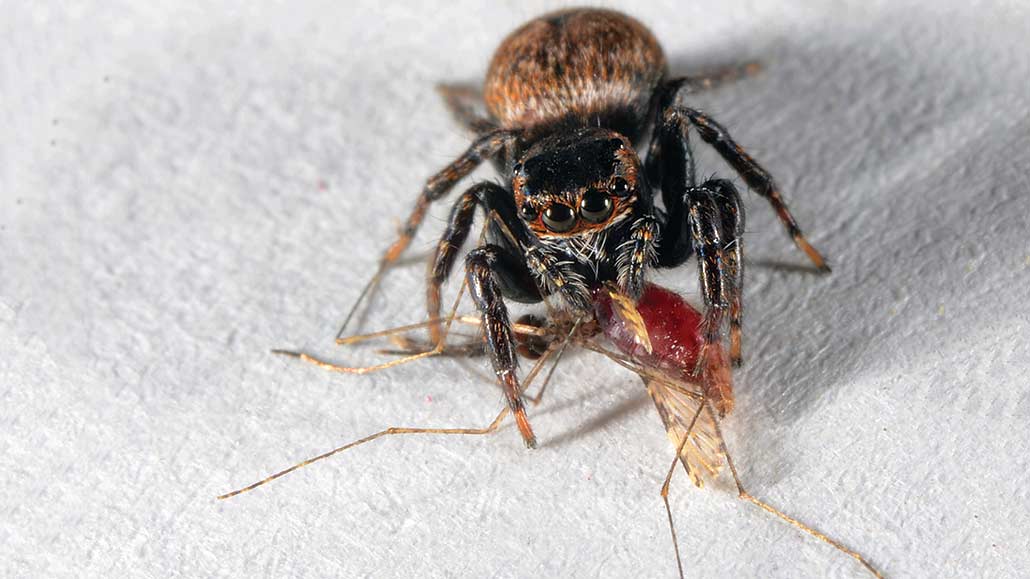biologist: A scientist involved in the study of living things.
genus: (plural: genera) A group of closely related species. For example, the genus Canis — which is Latin for “dog” — includes all domestic breeds of dog and their closest wild relatives, including wolves, coyotes, jackals and dingoes.
malaria: A disease caused by a parasite that invades the red blood cells. The parasite is transmitted by mosquitoes, largely in tropical and subtropical regions.
New Zealand: An island nation in the southwest Pacific Ocean, roughly 1,500 kilometers (some 900 miles) east of Australia. Its “mainland” — consisting of a North and South Island — is quite volcanically active. In addition, the country includes many far smaller offshore islands.
parallel: An adjective that describes two things that are side by side and have the same distance between their parts. In the word “all,” the final two letters are parallel lines. Or two things, events or processes that have much in common if compared side by side.
species: A group of similar organisms capable of producing offspring that can survive and reproduce.
Tanzania: A nation in East Africa that sits just south of the equator. It’s well known in science communities as home to the East African Rift valley, where many hominid fossils have turned up. With a small population, many big wildlife species remain, including lions, rhinos, elephants, zebras, hippos, cheetahs and giraffes. The country is bordered by the Indian Ocean to the east; Kenya and Uganda to the north; Rwanda, Burundi and Democratic Republic of Congo to the west; and Zambia, Malawi and Mozambique to the south. It became a country in 1964. Its capital is Dodoma.
taste: One of the basic properties the body uses to sense its environment, especially foods, using receptors (taste buds) on the tongue (and some other organs).
venom: A poisonous secretion of an animal, such as a snake, spider or scorpion, usually transmitted by a bite or sting.







